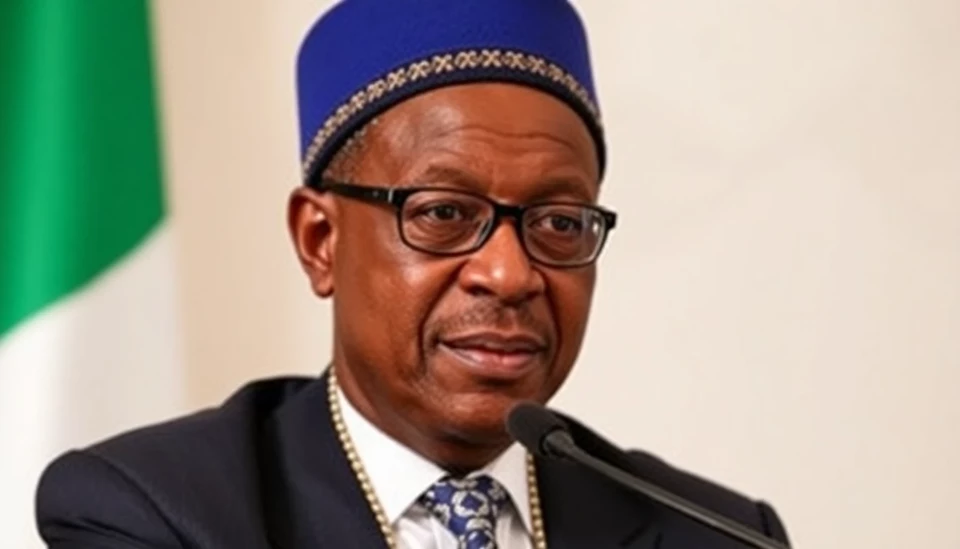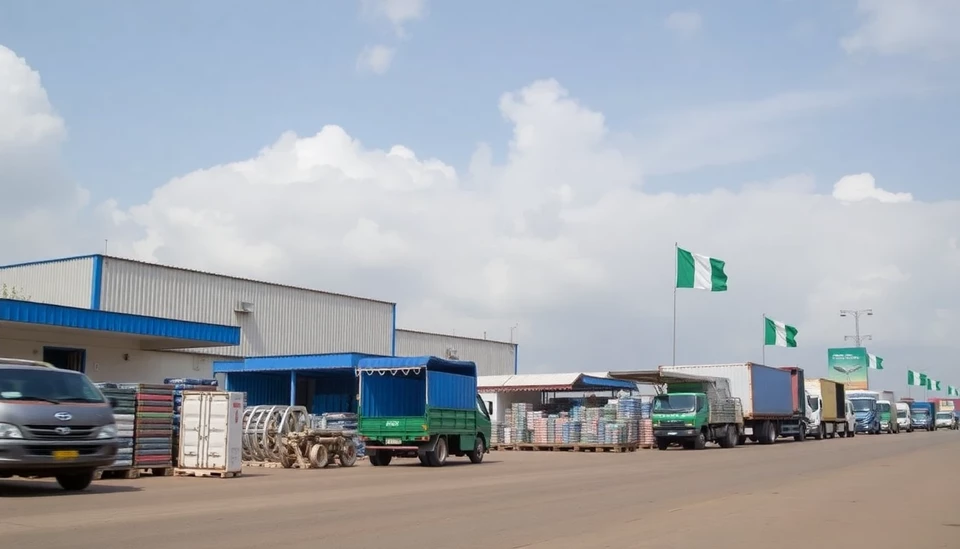
Recent developments in Nigeria's economic landscape indicate a slowing in inflation rates, which could have significant implications for the nation's monetary policy. This shift comes on the heels of a critical revision of data that has muddled the outlook for interest rates in the country.
As reported, Nigeria experienced a noticeable decline in its inflation rate from a peak of nearly 24% last year to approximately 21% in the latest report. This modest downturn is largely attributed to adjustments made in the calculation methods of consumer price indices by the National Bureau of Statistics. Such revisions have raised questions about the accuracy of previous inflation figures, making stakeholders cautious when interpreting the implications for future economic policies.
Experts suggest that the re-evaluation process may have presented an overly optimistic view of the current inflation landscape, and as a result, market analysts are split on how the central bank should respond. While some anticipate a potential easing of interest rates to stimulate growth, others caution that the persistently high inflation—still hovering above the global average—warrants a more cautious approach.
The Central Bank of Nigeria (CBN) has historically maintained a tight grip on interest rates to combat inflation, but the recent data adjustments add a layer of complexity that could influence policy decisions moving forward. Observers are particularly focused on the CBN’s upcoming meeting, where these matters will likely be at the forefront of discussion. Analysts speculate that the new data points could either provide relief to consumers in the form of lower borrowing costs or signal a prolonged period of high rates if inflation remains a concern.
Furthermore, with economic pressures such as rising food prices and fluctuations in energy costs still affecting the nation, the central bank faces a difficult balancing act. Policymakers must consider not only current inflation metrics but also the long-term economic implications of any adjustments made to interest rates.
In light of these recent changes, the Nigerian government’s approach to fiscal policy will also be under scrutiny. Officials will need to strategize effectively to navigate the complexities introduced by changed economic indicators, ensuring they support growth while tackling inflation challenges.
The evolving economic discourse in Nigeria highlights the interconnectedness of various fiscal policies and the importance of accurate data in shaping effective responses to inflationary pressures. As stakeholders await clearer signals from the CBN, the coming months will be pivotal in determining the trajectory of Nigeria's economic recovery.
Overall, the slowing inflation combined with the adjustments in data forecasting presents both a challenge and an opportunity for Nigerian policymakers. How they respond could be crucial for the future economic well-being of the nation.
#Nigeria #Inflation #Economy #InterestRates #CentralBank #EconomicPolicy #MonetaryPolicy
Author: Rachel Greene




